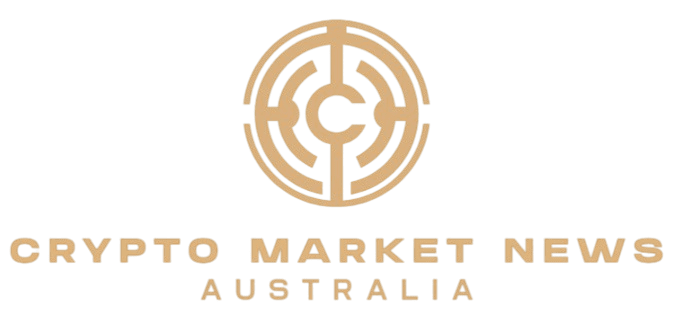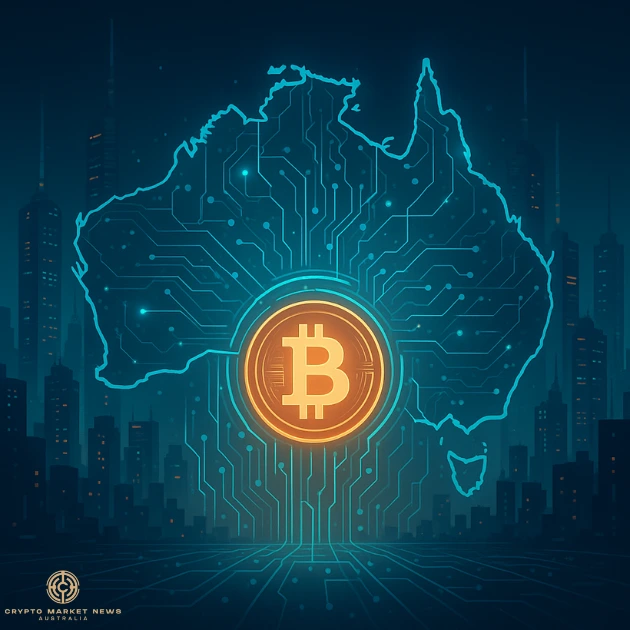Check any Australian crypto news outlet, and you’re bound to find a story about regulations regarding digital assets. What once began as a discussion about cryptocurrencies has since expanded to include real-world assets (RWA) and non-fungible tokens (NFTs), among other things.
The Draft Bill is quite expansive and should play a key role for centralised platform providers. Even more importantly, this bill would not override any of the current regulations for digital assets listed as “financial products”, nor would it be limited to blockchain-based processes and assets. Given the inclusion of “digital objects” and “digital tokens”, this framework is expected to be critical for assets that have nothing to do with Bitcoin, the most popular option on the market.
Australia, in an attempt to stay ahead of the curve globally, has introduced a number of key changes to its cryptocurrency regulations. We’ll go over those changes below, plus talk about why it is so important to have stronger, more reliable regulations in the first place.
Why Crypto Regulation in Australia is Critical
Though the passing of such regulations is important, it is also critical to know why they are coming. One of the largest barriers in recent years to entry into the cryptocurrency marketplace has been a lack of trust. Without regulations, investors felt that they were being exposed to far too much risk without any promise of safe backing. But that’s just the start as to why crypto regulation in Australia is so important.
Consumer Protection
With regulations like custody arrangements and the Know Your Customer (KYC) process, investors are given a greater level of protection against fraud. More importantly, it helps insulate investors against major events like the recent FTX collapse.
Protection Against Financial Crime
One of the biggest concerns surrounding the digital assets world has to do with financial crime. By requiring registration for AUSTRAC registration, not to mention user verification, businesses are able to protect against the financing of terrorism and money laundering practices.
Business Clarity
Businesses with an interest in cryptocurrency and digital assets have been in something of a standstill. With a clearer regulatory framework, however, they are able to act in confidence. More importantly, they are able to make the move into the digital currency sector with greater confidence and certainty.
Responsible Innovation and Global Standing
Innovation is important not just in the world of cryptocurrency but in all areas. These regulations are just as important for promoting innovation and growth while offering consumer protection. In a safer market, growth can be promoted and help to keep Australia among the global leaders in digital assets. Most of all, robust regulation creates the feeling of a legitimate and trustworthy market.
Market Integrity
By being required to hold a financial services licence, issuers and providers are obligated to promote honest and fair business practices. This is vital to promoting trust in the market while also preventing market abuse or manipulation.
Key Features of Proposed Legislation
The Treasury Laws Amendment was submitted in an effort to provide clearer legislation as it relates to cryptocurrency and digital asset regulation in Australia. There are several important points worth noting.
Important Takeaways
First and foremost, this new framework does not replace the current financial services laws as part of the Corporations Act 2001. Should a digital asset fall under existing financial product definitions, then current law will apply as it already does.
TCP and DAP operators will be required to obtain an Australian Financial Services License (AFSL) and to comply with any of the necessary obligations. There have also been ministerial powers proposed that would allow the Australian minister to deem a facility exempt.
Licensing Requirements
Perhaps the most important change is the licensing requirements for digital asset issuers. Any issuer that advises on, deals in, or arranges for others to deal as operators of a Digital Assets Platform (DPA) or Tokenised Custody Platform (TCP) will be required to obtain an AFSL in order to continue operation.
Disclosure Requirements
Operators of the aforementioned TCP or DPA platforms will be required to comply with new standards for providing disclosures. Clients are required to receive the same type of disclosure about their assets acquired through the aforementioned platforms as they would if they had received those assets in a more direct manner.
Operators will also be required to issue a “platform guide” that covers things like their fees and charges, reporting and rights available to clients, the risk of using the service, what ways clients can use their digital tokens within the platform, and how the platform is responsible for handling transfers, custody, and any client instructions.
Conduct Requirements
Digital asset issuers will also be required to fall in line with standards that cover the platform’s settlement and transaction functions, as well as any arrangements as they pertain to holding client assets. The Australian Securities and Investments Commission (ASIC) sets those minimum standards.
Clearing and Settlement Facilities, Financial Markets
Another important feature of the draughted legislation defines a financial market by highlighting the fact that a DAP is not necessarily considered to be a financial market and a financial product at the same time. Those operators of financial markets are required to hold a licence, while CS facility operators are required to have a CS facility licence unless they are approved for an exemption.
Exemptions
There is the potential for an exemption under current regulations. The proposed reforms would ultimately relieve operators from obligations to mitigate risk and avoid regulatory duplication. More often than not, the relief is provided for similar products that already fall under existing frameworks.
Exemptions can come for two reasons: limited services and low-volume platforms. The latter would be relieved from holding an AFSL should the total market value of all transactions across the platform not exceed $0 million over a rolling 12-month period, the value of each client’s total entries not exceed $5,000, and other conditions be met.
Exemptions are also provided in the event of limited services. An AFSL would not be required when arranging for a person to use a TCP or DAP or to give that person advice about its existence for non-financial services businesses (there are other conditions that must be met as well).
An Important Step for Crypto in Australia
At the end of the day, this was a necessary move for the Australian crypto market. If it aims to keep up with global leaders, Australia will need to be a pioneer when it comes to effective regulation of the marketplace. Perhaps the most important step is laying the groundwork that provides a trustworthy landscape for investors.
This is an important first step, but it remains just that: a first step. The world of digital assets continues to grow at an astronomical rate. In order to keep up, regulators are going to have to be fluid in their rulings and make adjustments on the fly. In the end, it will create a safer, stronger cryptocurrency environment in Australia.

